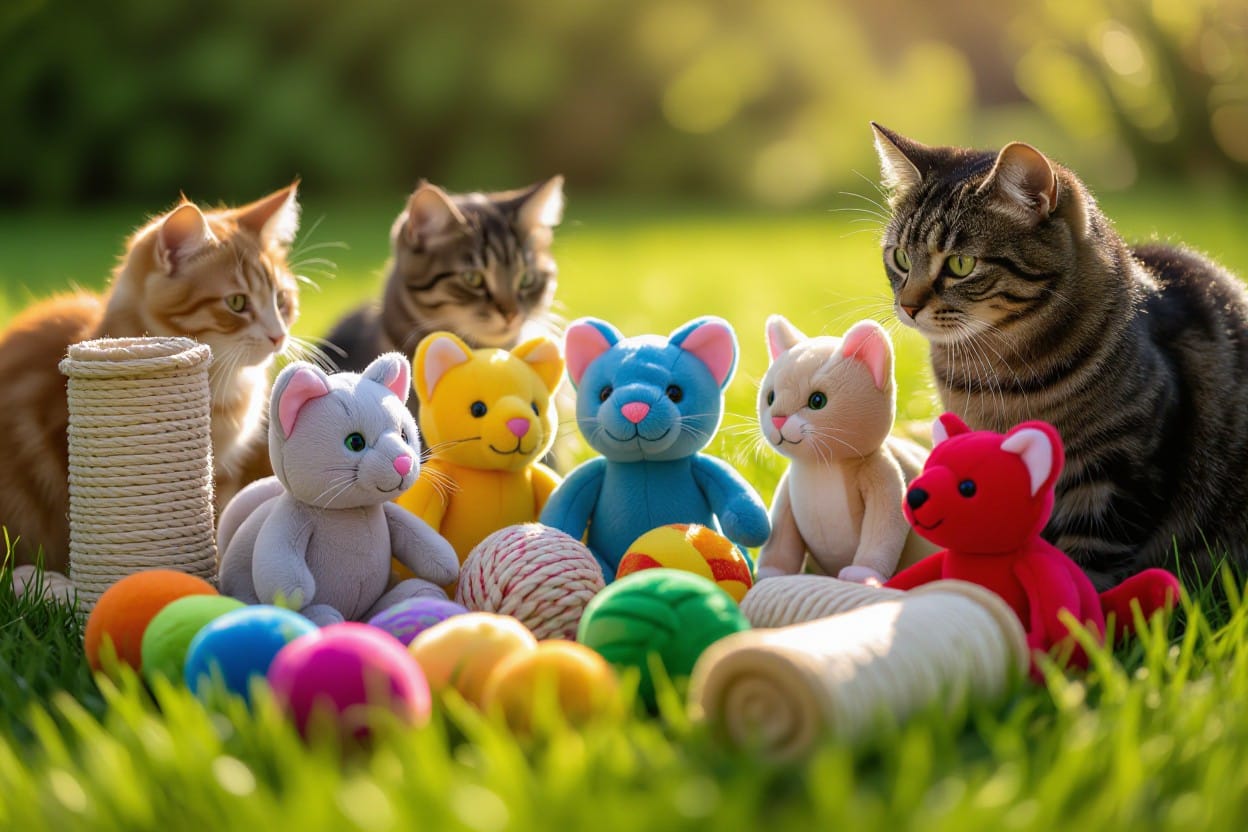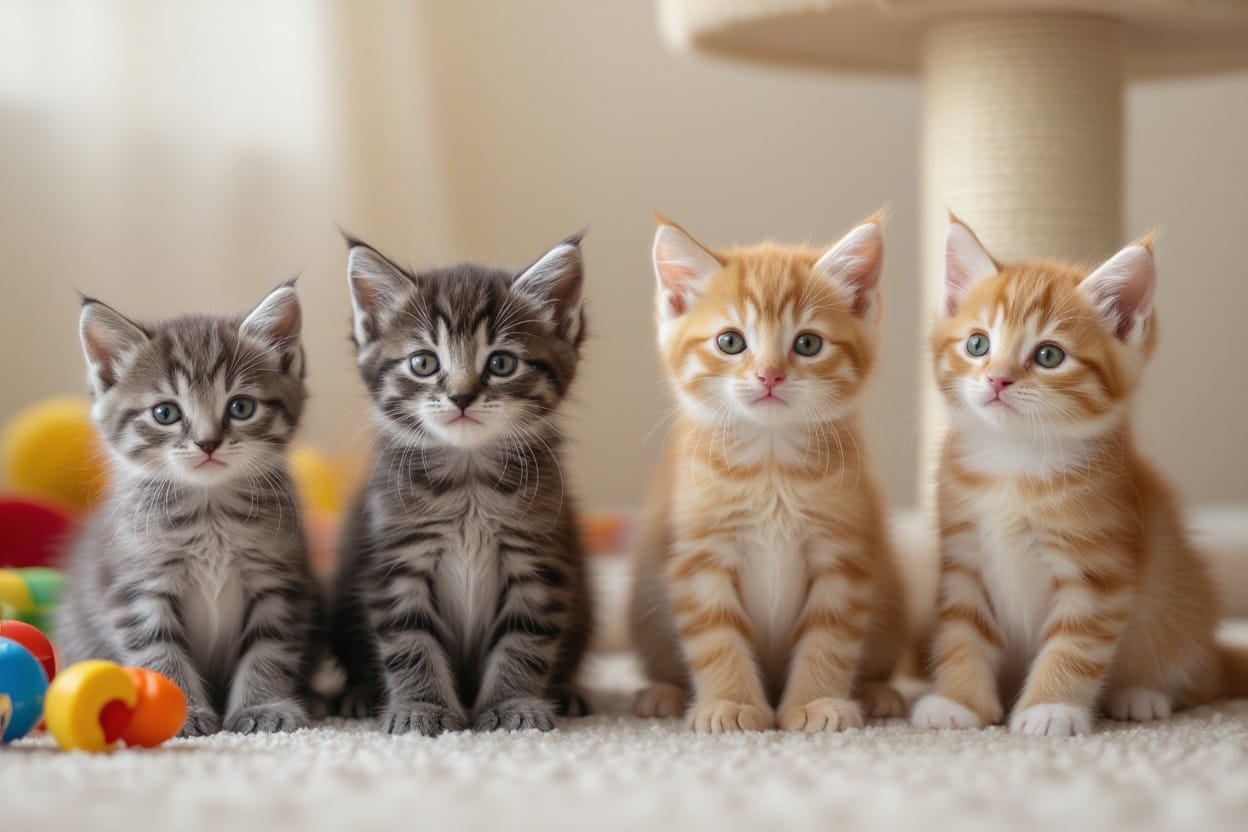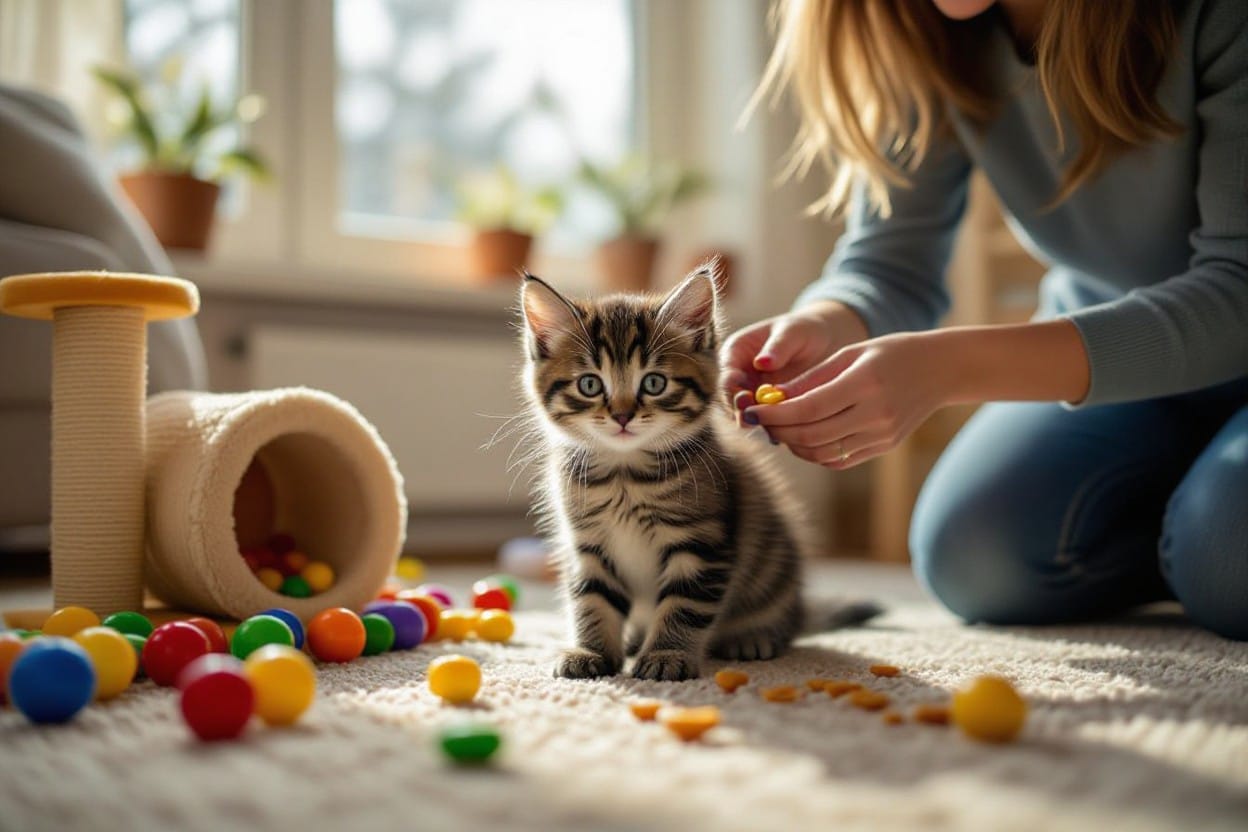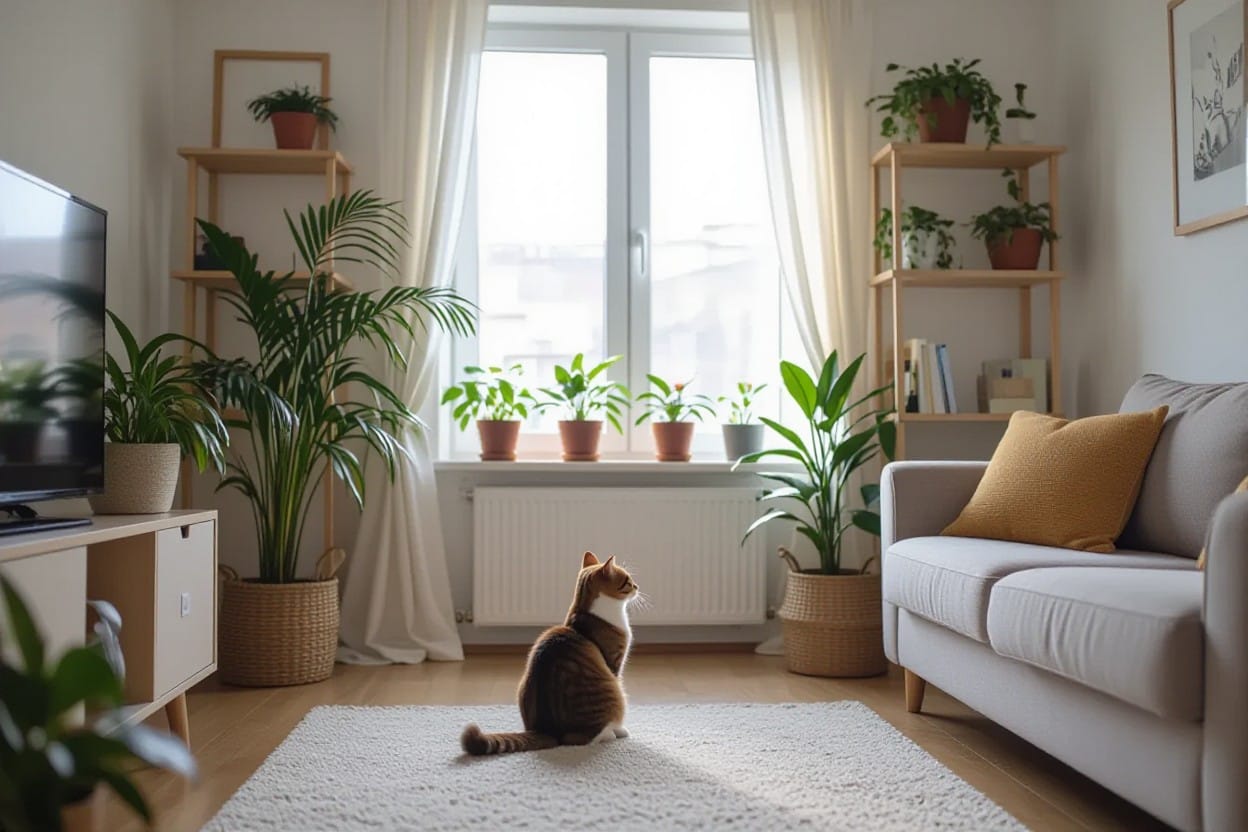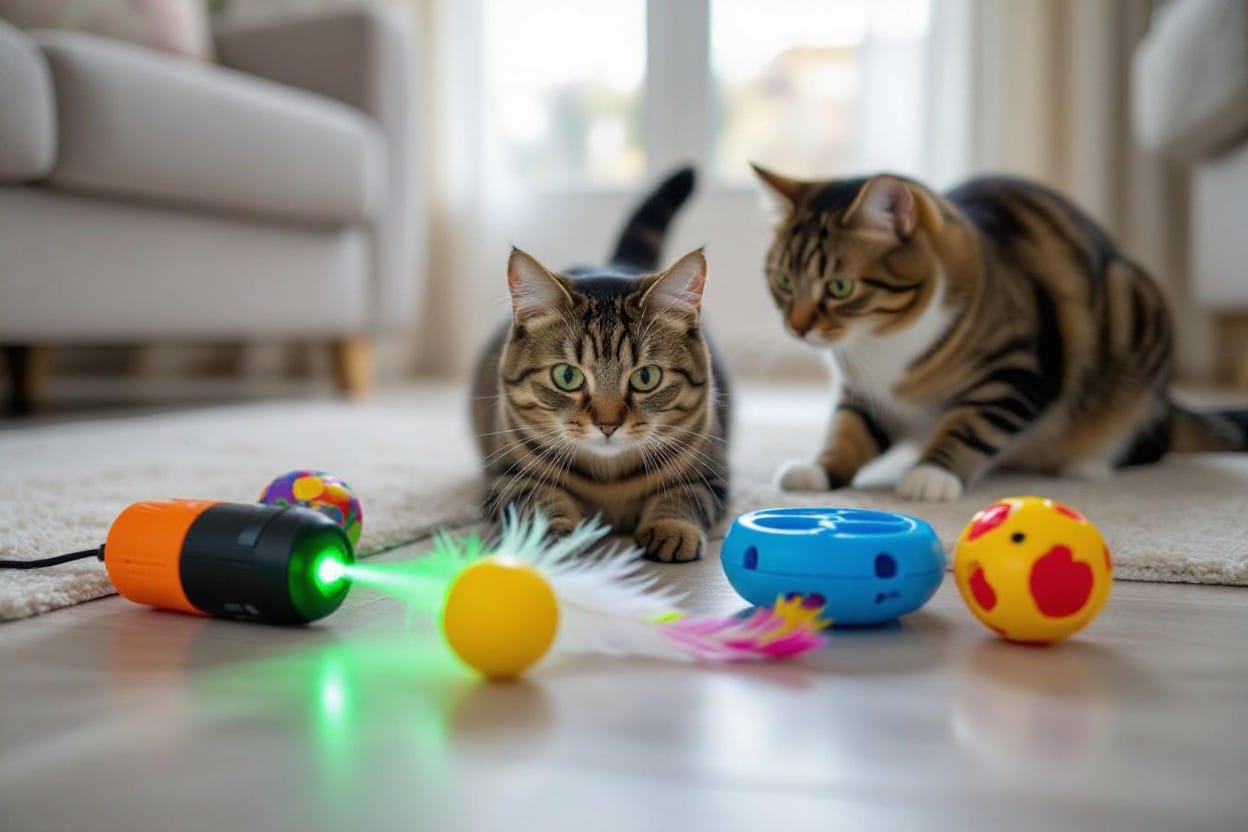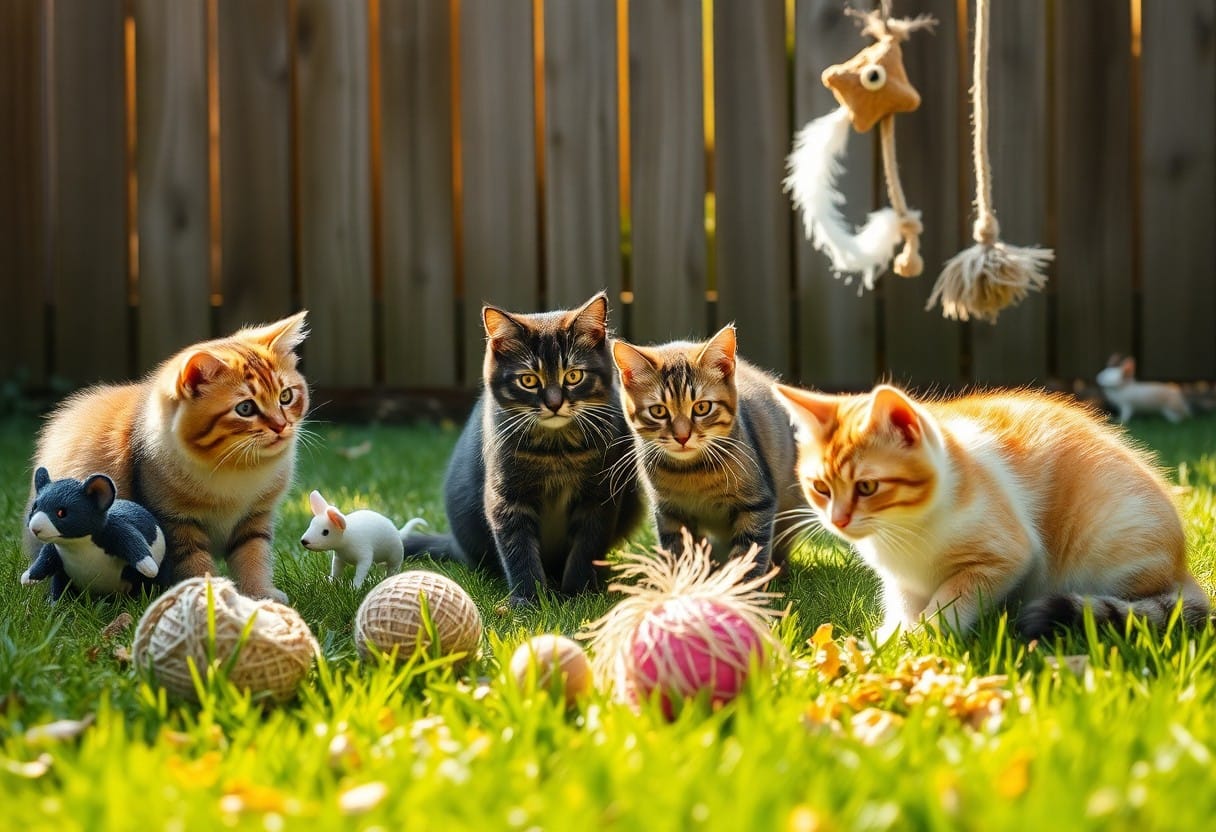This comprehensive guide will research into the critical importance of kitten socialization for their overall well-being and development. Socialization plays a crucial role in shaping a kitten’s behavior, temperament, and ability to adapt to new environments and situations.
Properly socialized kittens are more likely to grow up as confident, well-adjusted cats that are comfortable with handling, interacting with other animals, and navigating various stimuli. By following the strategies and tips outlined in this guide, cat owners can ensure that their kittens receive the necessary socialization to thrive in their future homes.
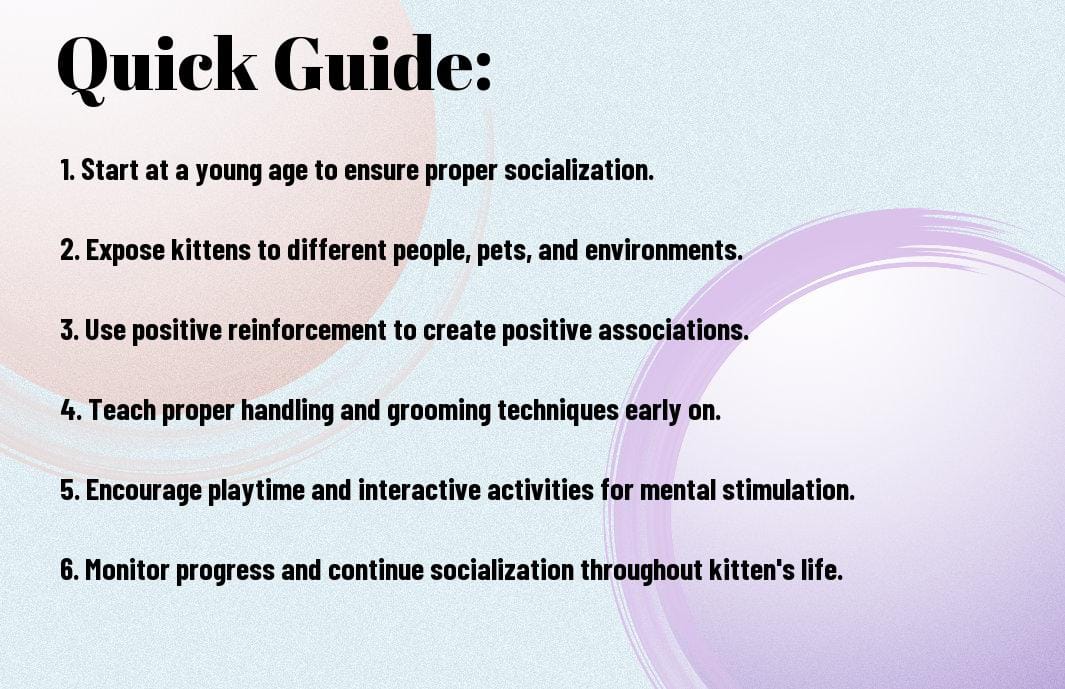
The Critical Period for Kitten Socialization
Identifying the Socialization Window
Some of the most crucial developmental stages for a kitten occur during the first two to seven weeks of its life. It is within this time frame that a kitten’s brain is most receptive to new experiences and learning. This period is referred to as the “socialization window,” as it is when kittens are most open to forming positive associations with people, other animals, and their environment.
You must take advantage of this critical phase to ensure your kitten grows up to be well-adjusted and social. During this time, kittens are more likely to be adaptable to various stimuli, making it easier to introduce them to different social situations without fear or aggression.
Factors Influencing Socialization Success
Critical elements that can influence the success of socializing your kitten include the breeder’s early handling, interactions with the mother and littermates, and exposure to various stimuli in a safe environment. Additionally, your own interactions and the environment in which the kitten is raised play a significant role in shaping their social skills.
- Positive experiences during the socialization window can help your kitten grow into a confident and friendly cat.
- Consistent and gentle handling and exposure to different people, sounds, and environments can help prevent fearfulness and aggression in adult cats.
Thorough socialization during the critical period helps in building a strong foundation for your kitten’s future interactions with humans and other animals. It is necessary to provide a positive and enriching environment during this time to set them up for success in their adult life.
- Introducing positive experiences early on can lead to a well-rounded and adaptable cat.
Types of Kitten Socialization
If you’ve ever wondered about the various types of kitten socialization, you’re in the right place. Proper socialization is crucial for the development of a well-adjusted and confident feline companion. It involves exposing kittens to different people, animals, environments, and stimuli in a positive and controlled manner to ensure they grow up to be friendly and adaptable cats.
- Human-Kitten Interaction
- Kitten-to-Kitten Play
- Environmental Exposure
Human-Kitten Interaction
If you want your kitten to grow up to be comfortable around people, it’s crucial to engage in positive interactions with them from a young age. This includes gentle handling, petting, and playtime. By building a strong bond with your kitten early on, you are laying the foundation for a trusting relationship that will last a lifetime.
Assume that your kitten may be a bit shy or wary at first, but with patience and consistency, they will learn to associate humans with safety and comfort.
Kitten-to-Kitten Play
The social skills that kittens learn through play with their siblings are invaluable for their future interactions with other cats. Play allows kittens to practice important behaviors such as hunting, pouncing, and communication. Through play, they also learn vital lessons in boundaries and social cues.
The dynamics of kitten-to-kitten play can vary greatly depending on the personalities of the kittens involved. Some may be more rambunctious and assertive, while others may be more passive. It’s crucial to monitor their play to ensure it remains positive and doesn’t escalate into aggression.
Environmental Exposure
Kittens need to be exposed to a variety of environments to become adaptable and confident adult cats. This exposure can include different rooms in your home, outdoor spaces (once they are old enough and vaccinated), car rides, and various sounds and smells. By gradually introducing them to new experiences, you can help prevent fear and anxiety later in life.
Kitten should be exposed to different surfaces such as carpet, tile, and grass. Also, introducing them to various objects like scratching posts, toys, and climbing structures can help them develop crucial skills and confidence in navigating their environment.
Tips for Effective Kitten Socialization
Creating a Safe and Encouraging Environment
For effective kitten socialization, it is necessary to create a safe and encouraging environment. Ensure that the space is free of any potential hazards that could cause stress or harm to the kittens. Provide hiding spots, such as cozy blankets or boxes, where kittens can retreat to if they feel overwhelmed. Additionally, make sure there are plenty of resources like food, water, and litter boxes available to cater to their basic needs.
- Remove any loud noises or sudden movements that could startle the kittens
- Introduce positive experiences like gentle handling and soft voices to build their trust
This will help the kittens feel secure and relaxed, enabling them to engage more confidently in social interactions.
Utilizing Play and Toys in Socialization
While socializing your kittens, it is crucial to utilize play and toys to encourage positive experiences. Interactive toys, such as feather wands or laser pointers, can help engage the kittens in playful activities and build their confidence. Encourage interactive play sessions with toys that mimic hunting behavior, as this can help kittens develop their natural instincts and bond with their human caregivers.
Another benefit of utilizing play and toys in socialization is that it can help redirect any negative behaviors, such as scratching or biting, into more appropriate outlets. By providing an enriching environment filled with toys and play opportunities, you are setting the foundation for well-rounded and socially adept kittens.
Understanding and Managing Kitten Fears
Tips for understanding and managing kitten fears include being patient and observing their body language for signs of distress. Gradually expose kittens to new stimuli and environments to prevent overwhelming them. Provide positive reinforcement, such as treats or praise, when they approach and investigate new objects or experiences.
- Do not force interactions or push kittens beyond their comfort zone
- Offer a safe retreat option if they become scared or anxious
With time and consistent positive experiences, kittens can learn to overcome their fears and develop into confident, well-adjusted cats.
The Importance Of Kitten Socialization – A Comprehensive Guide
Now, let’s investigate into the vital step-by-step socialization techniques that will help your kitten become well-adjusted and confident in various situations. This includes daily handling exercises, gradual exposure methods, and positive reinforcement training.
Daily Handling Exercises
An integral part of kitten socialization is getting them accustomed to being handled. Start by gently petting your kitten all over their body, including their paws and belly. This helps them get used to human touch and builds trust between you and your furry friend. You can also gently hold your kitten and slowly introduce them to being picked up and carried, ensuring they feel secure and supported.
Gradual Exposure Methods
You can gradually expose your kitten to different environments, sounds, smells, and people to help them become more well-rounded. Start by introducing new stimuli in small doses, such as playing recordings of various sounds or having different people visit your home. This gradual exposure will help your kitten learn to adapt to new experiences and become more confident in unfamiliar situations.
You can also expose your kitten to novel objects and textures, such as different types of toys and surfaces to walk on. This helps them become accustomed to new sensations and environments, contributing to their overall socialization and development.
Positive Reinforcement Training
Positive reinforcement training is a highly effective technique for teaching your kitten desired behaviors and building a strong bond with them. Use treats, praise, and rewards to reinforce good behavior, such as using the litter box or scratching on a designated scratching post. This encourages your kitten to repeat these behaviors and helps them feel more confident and secure in their environment.
Consistency is key when using positive reinforcement training, so be sure to reward your kitten immediately after they exhibit the desired behavior. This helps them associate the action with the reward and reinforces their learning effectively.
On a final note, it’s vital to be patient and understanding throughout the socialization process. It may take time for your kitten to adjust to new experiences, but with consistent practice and positive interactions, they will gradually become more comfortable and confident in various situations. By incorporating these step-by-step socialization techniques into your kitten’s routine, you are setting them up for a lifetime of happiness and wellbeing.

Factors Affecting Kitten Socialization
All kittens are unique individuals, and their socialization process can be influenced by various factors. Understanding these factors can help ensure that kittens develop into well-adjusted and confident cats. Factors that can affect kitten socialization include:
- Breed and Temperament Considerations:
Breed and Temperament Considerations
Clearly, a kitten’s breed and temperament can play a significant role in how they socialize with humans and other animals. Some breeds are naturally more outgoing and social, while others may be more reserved or independent. It is imperative to consider these traits when socializing kittens to ensure that their specific needs are being met. Knowing a kitten’s breed and temperament can help caregivers tailor socialization techniques to suit their individual preferences and tendencies.
- The Role of the Caregiver in Socialization:
The Role of the Caregiver in Socialization
With proper guidance and attention, caregivers play a crucial role in the socialization of kittens. From providing a safe and stimulating environment to facilitating positive interactions with humans and other animals, caregivers significantly impact a kitten’s social development. Role modeling appropriate behavior, offering plenty of positive reinforcement, and exposing kittens to various stimuli can help shape their social skills and confidence.
Role modeling appropriate behavior includes demonstrating gentle handling, positive reinforcement, and providing a conducive environment for exploration and play. Caregivers should prioritize building trust and creating positive associations to ensure kittens feel safe and secure during the socialization process.
- The Impact of Early Experiences:
The Impact of Early Experiences
On a kitten’s socialization journey, early experiences can have a lasting impact on their behavior and interactions throughout their lives. Exposing kittens to a variety of people, sounds, and environments during their critical developmental period can help them become more adaptable and resilient adults. Early socialization experiences can shape a kitten’s responses to novel stimuli, other animals, and new situations, influencing their ability to cope with stress and changes in the future.
Early socialization experiences are vital for kittens to build confidence, develop social skills, and learn how to navigate their environment effectively. By introducing kittens to positive experiences early on, caregivers can help them develop into well-adjusted and sociable companions.

Pros and Cons of Different Socialization Approaches
Parent-Raised vs. Hand-Raised Kittens
Approaches to socializing kittens can vary, with one key decision being whether to raise them with their parents or hand-raise them. Parent-raised kittens have the advantage of learning important social skills from their mother and siblings, which can help them develop appropriate behavior and communication skills. On the other hand, hand-raised kittens may bond more closely with humans and be more accustomed to human interactions.
It’s important to consider the pros and cons of each approach when deciding how to socialize your kittens. By weighing the benefits and drawbacks, you can make an informed decision that best suits the individual needs of the kittens in your care.
Pros and Cons of Single vs. Multiple Kitten Households
With so many options available for socializing kittens, deciding whether to raise them individually or in a group can impact their development. Single kitten households allow for more one-on-one attention and bonding opportunities with humans. However, kittens raised with siblings may learn important social cues and behaviors by interacting with each other, which can help them develop into well-adjusted adults.
Pros and Cons of Single vs. Multiple Kitten Households
| Pros | Cons |
| Increased one-on-one attention | Potential for less socialization with other cats |
| Enhanced human bonding | Possible littermate rivalry or aggression |
| Reduced risk of contagious diseases | Less opportunity to learn social cues from other cats |
Indoor vs. Outdoor Explorations
To provide kittens with a well-rounded socialization experience, it’s important to consider the benefits and risks of indoor versus outdoor explorations. Indoor explorations offer a safe environment for kittens to play and explore without exposure to potential outdoor hazards such as traffic, predators, or toxic plants. Conversely, outdoor explorations can enrich a kitten’s sensory experiences and encourage physical activity, but also pose risks of injury or exposure to infectious diseases.
By carefully assessing the pros and cons of indoor and outdoor explorations, you can create a socialization plan that balances safety and stimulation for your kittens’ development.
Challenges and Solutions in Kitten Socialization
Dealing with Shy or Fearful Kittens
Kittens that are shy or fearful may require extra attention and patience during the socialization process. It is necessary to create a safe and calm environment for them to gradually build trust and confidence. Start by giving them space to approach you at their own pace, using gentle and reassuring gestures.
Slowly introducing positive experiences, such as treats, playtime, and gentle petting, can help shy or fearful kittens associate humans with good things. Consistency and positive reinforcement are key in helping these kittens overcome their fears and develop into well-socialized cats.
Common Mistakes to Avoid in Socialization
Socialization is a crucial aspect of a kitten’s development, but there are common mistakes that well-intentioned owners may make. It is important to avoid forcing interactions or overwhelming the kitten with too much stimuli too soon. Pushing too hard can lead to stress and worsen fearfulness in kittens.
It is also crucial to be patient and understanding during the socialization process. Rushing or expecting immediate results can backfire and hinder progress. By taking a gradual and positive approach, you can help your kitten build trust and confidence over time.
Overcoming Setbacks and Measuring Progress
Assuming setbacks are part of the socialization process is crucial when dealing with kittens. Not every kitten will progress at the same rate, and it’s normal to encounter obstacles along the way. Keep in mind that setbacks are opportunities for growth and learning for both you and your kitten.
Plus, it is necessary to measure progress not just by visible behaviors but also by subtle cues such as body language and overall confidence. Celebrate small victories, and remember that every positive interaction contributes to the overall socialization journey of your kitten.
Conclusion
So, it is clear that kitten socialization is a crucial step in raising a well-adjusted and happy feline companion. By following the comprehensive guide provided, pet owners can ensure that their kittens grow up to be confident, friendly, and adaptable cats. Socializing kittens from a young age helps prevent behavioral issues and promotes positive interactions with humans and other animals.
Keep in mind, the key to successful kitten socialization is patience, consistency, and positive reinforcement. By exposing kittens to various stimuli and experiences in a safe and controlled manner, pet owners can set their furry friends up for a lifetime of social success. Investing time and effort in socializing your kitten will lead to a more fulfilling and enriching relationship with your feline companion in the long run.
FAQ
Q: Why is kitten socialization important?
A: Kitten socialization is crucial for their overall well-being and development. It helps them become well-adjusted, confident, and friendly adult cats. Socialized kittens are more likely to form strong bonds with humans and other animals, reducing the risk of behavioral issues.
Q: At what age should kitten socialization begin?
A: Kitten socialization should ideally begin as early as 2-7 weeks of age and continue until they are 14-16 weeks old. This critical period is when kittens are most receptive to new experiences and learning social cues.
Q: How can I socialize my kitten effectively?
A: To socialize your kitten effectively, expose them to various stimuli, including different people, animals, sounds, and environments. Use positive reinforcement such as treats and play to create positive associations. Gradually increase the level of difficulty as your kitten becomes more comfortable.
Q: What are the signs of a well-socialized kitten?
A: Well-socialized kittens exhibit confident and friendly behavior around people and other animals. They are curious, adaptable, and show minimal fear or aggression in new situations. They enjoy human interaction and are comfortable being handled.
Q: What are the consequences of not socializing a kitten?
A: If a kitten is not properly socialized, they may develop fear, aggression, or anxiety towards people, animals, or new environments. This can lead to behavioral issues, stress-related health problems, and difficulty forming relationships with humans and other pets.
